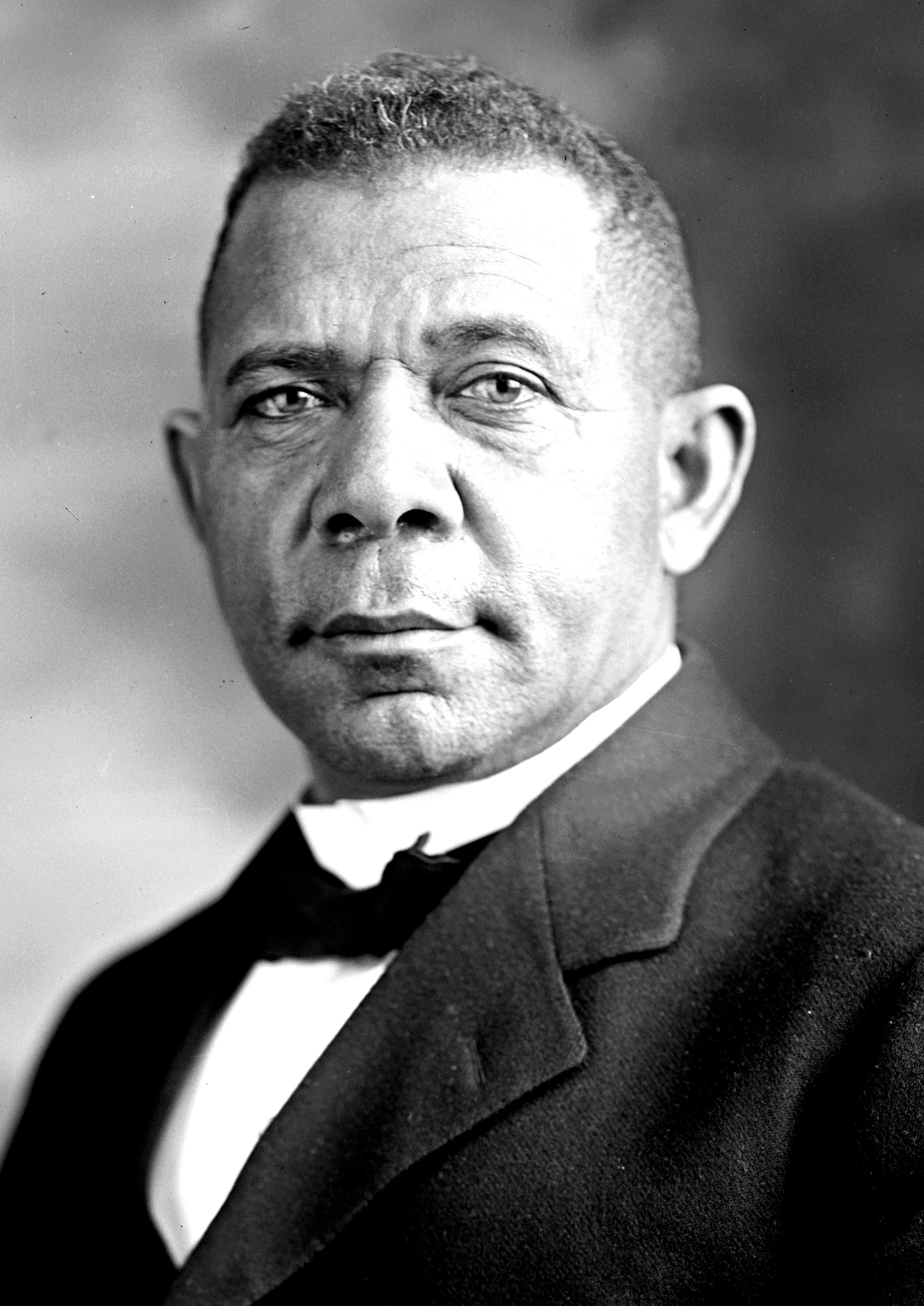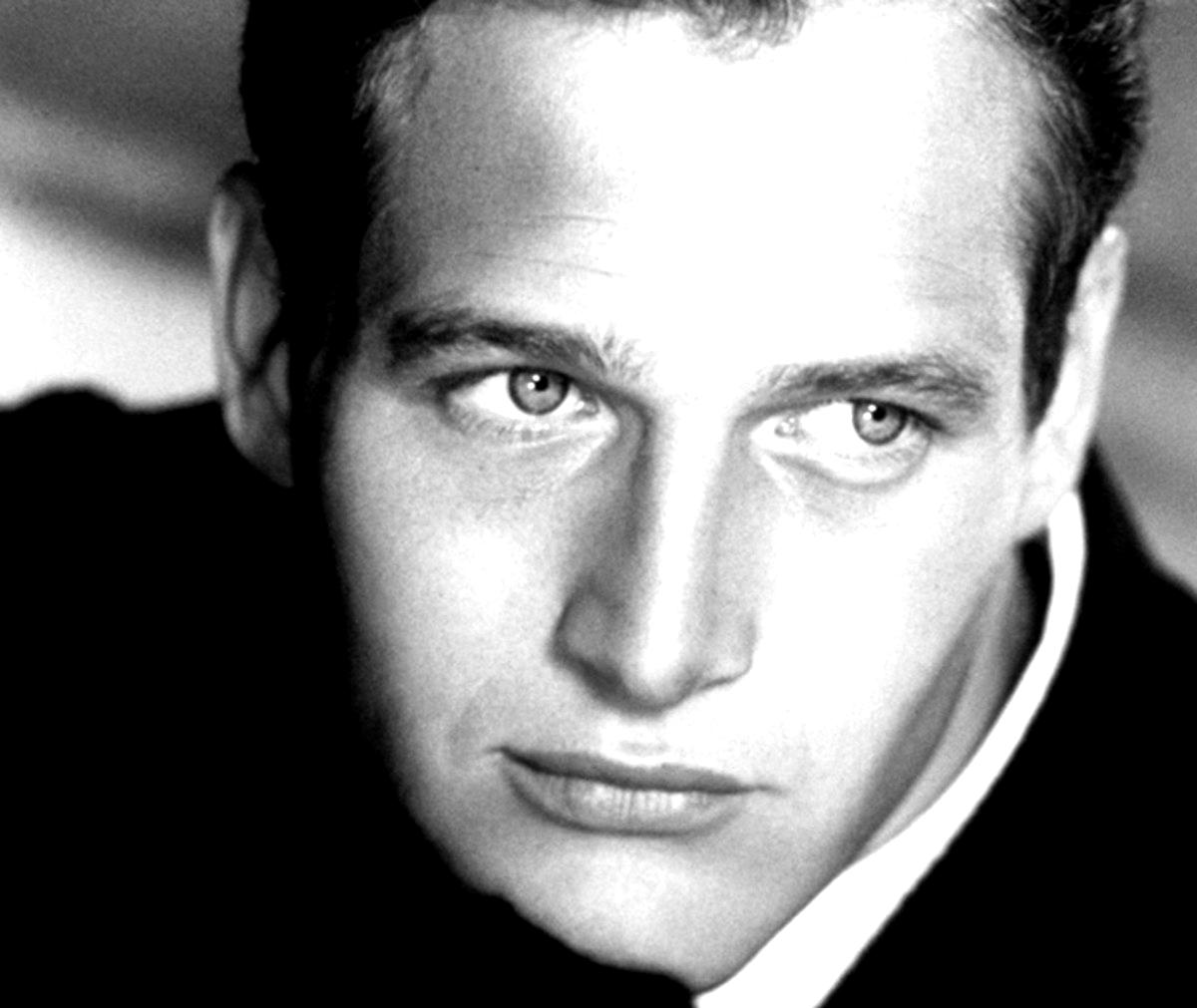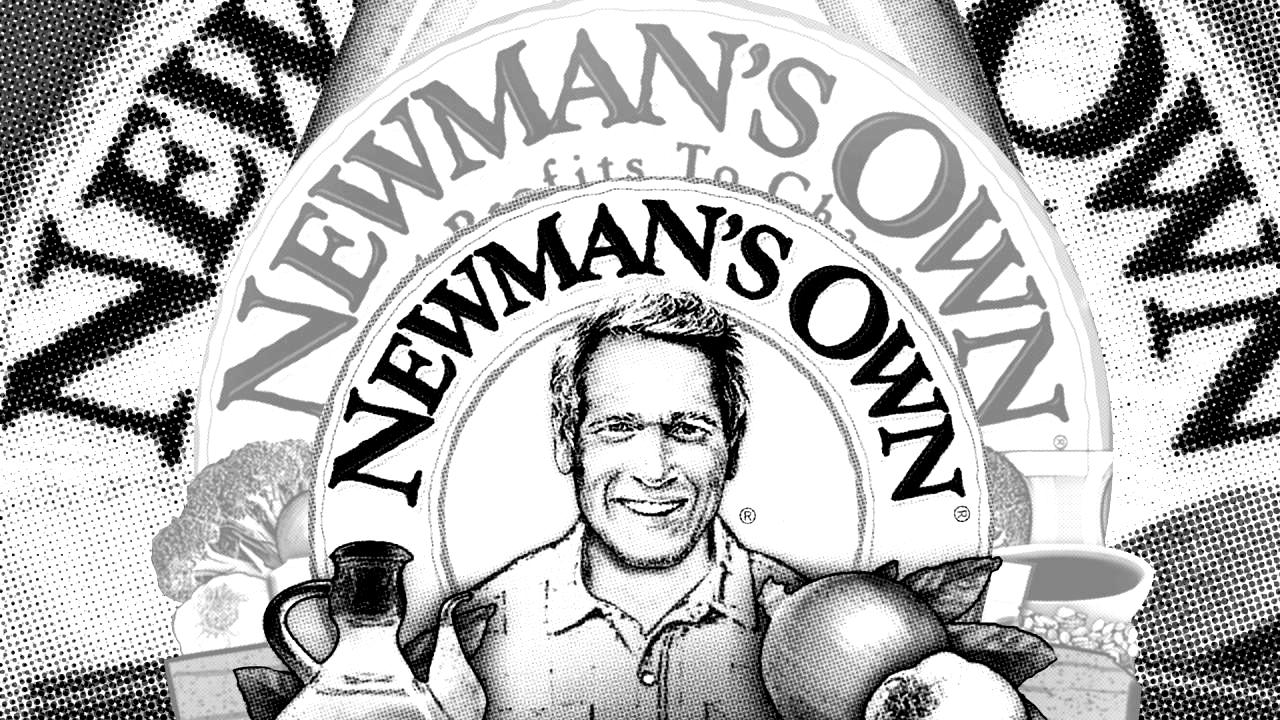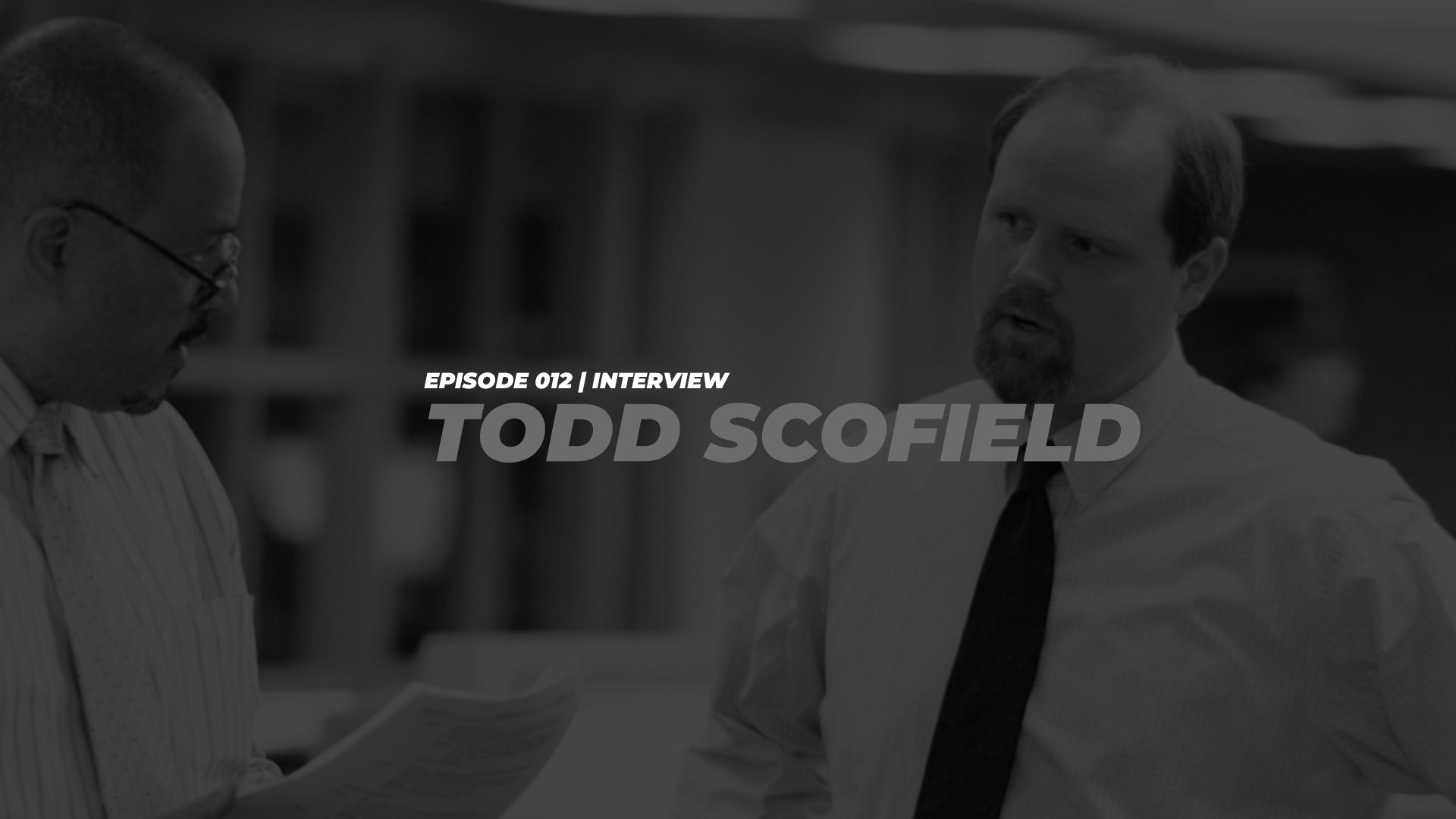The stage, the big screen, or the television screen and humility seem mutually exclusive. Today’s guest on INFLUNSR — respected and renowned television and theater stage actor Todd Scofield — isn’t your typical actor. If you are a fan of the television show The Wire, you might recognize Todd from his recurring role in Seasons 3 and 5. Whether television, film or Shakespeare or theater, Todd’s ability to choose first to go last is challenging, and my conversation Todd was enlightening.

”“I believe the first test of a truly great man is his humility.”
Josh Ruskin
A wealthy woman once wanted someone to chop wood for her and apparently having no one to do the job, she approached a man who was strolling by. She asked him if he would like to earn some money cutting wood for her.
The man smiled. Without a word, he rolled up his sleeves and proceeded to carry out the task. When he finished chopping the wood, he arranged them neatly. The lady thanked him profusely. As soon as he left, a servant girl whispered into her ear.
The next morning she was at his office, full of apologies.
“I didn’t know it was you I put to work,” she said, thoroughly embarrassed.
“It’s perfectly all right, madam,” the man famously replied. “Occasionally I enjoy a little manual labour. Besides, it’s always a delight to do something for a friend.”
Soon after that incident, the appreciative woman reciprocated the kind gesture by persuading her rich friends to join her in donating thousands of dollars to the man that happened to be a prominent black educator named Booker T. Washington.

One of the most important things for you to know is that courage doesn’t always feel like courage. From the outside, courage often looks impressive and powerful and self-assured. Sometimes it might look reckless or thrilling. From the inside though, it can feel frightening and unpredictable. It can feel like anxiety, or fear, or rolling self-doubt. Courage can be a trickster like that: it often looks different from the outside to the way you would expect it to feel on the inside. This is because courage and fear always exist together. It can’t be any other way. If there is no fear, there is no need for courage.
Courage isn’t about something magical that happens inside you to make you “not scared.” It’s about something magical that happens inside you to make you push through fear, self-doubt, anxiety, and do the things that feel hard or risky or frightening. Sometimes, courage only has to happen for seconds at a time – just long enough to be brave enough.
Washington, who later founded the renowned Tuskegee Institute in Alabama, was born a slave. But he rose above his circumstances and become famous. He was one of the most popular African-American leaders of his era, well-known for his political savvy and talent for fund-raising. He was also adviser to two American Presidents. A great man by any standard, Washington was nevertheless an epitome of humility as he demonstrated in the story.
He proved the truth in a quote attributed to Simone Weil, who once said: “A lever. We lower when we want to lift. In the same way, he who humbles himself shall be exalted.”

A certain lady once entered an ice cream store in Kansas. After picking her cone, she looked up and found herself facing one of the most celebrated movie stars in America. She almost fell over. It is not every day one meets a popular Hollywood actor.
The handsome actor smiled sweetly at her and said hello.
But the clearly mesmerized woman could hardly speak. Her eyes grew round in surprise, while her heart hammered against her ribs. She hurriedly paid for her ice-cream and left the shop, only to realize that it was not in her possession. She went back to the shop and again ran into the actor, who was on his way out.
“Are you looking for your ice cream?” he asked kindly.
The lady nodded. She did not trust herself to speak.
“You put it in your purse with your change.”
Meeting celebrities often triggers this sort of reaction. However, only few celebrities would have had the time to talk to the lady in such a relaxed manner like Paul Newman did.

Apart from being a prolific actor, film director, entrepreneur, and racing driver, chalking up numerous awards including an Academy Award for best actor for his performance in the 1986 Martin Scorsese film The Color of Money, six Golden Globe Awards, a BAFTA Award, a Screen Actors Guild Award, a Cannes Film Festival Award, and an Emmy Award, Newman was known for his humility and philanthropy. Typical of Newman, when asked by a television interviewer how he felt winning an Oscar at 62, he quipped that it deprived him of his fantasy of picking the award in ripe old age.
Newman’s Own, a food company, which he co-founded, as a matter of policy, donates its post-tax profits and royalties to charity. As at last year, these donations had exceeded $380 million. He was also one of the founders of the Committee Encouraging Corporate Philanthropy (CECP), a membership organization of CEOs committed to raising the level and quality of global corporate philanthropy. Givingback.org named Newman the “Most Generous Celebrity of 2008.”
An Italian newspaper, which once commented on his philanthropy said “Newman was a generous heart, an actor of a dignity and style rare in Hollywood quarters.”


INTERVIEW | IQ
Jesus showed up in a world where the Jewish leaders had interpreted the Old Testament in such a way as to allow them to do just that. For examples: They would dedicate all their belongings to God and then tell their aging parents they could not help them because all their worldly goods belonged to God. In order to stay ceremonially clean they would not embrace certain kinds of people — or allow them into their homes — or go into their homes.
We read that and think, “Jeez.” How could you think you were right with God and treat people like that? But for many of us we attempt the same compartmentalization.
Jesus was really clear: God measures the health and maturity of our relationship with him by our relationships with the people around us. The way I treat others is an indication of how well we understand what God through Christ has done for us.
Therefore I, a prisoner for serving the Lord, beg you to lead a life worthy of your calling, for you have been called by God. Always be humble and gentle. Be patient with each other, making allowance for each other’s faults because of your love.
Ephesians 4: 1-2 NLT
Paul is addressing a relatively new church and gives them a principle that is to determine how we treat each other. There is a general guide line that should determine the specifics of what goes on among us here and at home and in the market place.
He basically says remember your invitation. In light of what you have been invited to and rescued from, here’s how you should act.
In other words, we are to relate to one another in a way that reflects the way God
relates to us. The word calling is best translated invitation. When Paul says worthy of your calling, he is saying your life should be lived in a way equal in value to; corresponding to, comparable to the invitation you’ve received.
Here is what you know better than most: with certain invitations come certain obligations and expectations. If you get invited to a Halloween costume party, you’re going to look pretty silly — or very prideful —- showing up at said party dressed as yourself.
We were invited into a relationship with Jesus characterized by humility, acceptance, grace, and forgiveness. We are obligated to live as such. Paul is implying that now we are to create the same relational environment for one another.
And what are the characteristics of His invitation and the way live? Humility. Gentleness. Patience. Making allowance for each other’s faults.
Christ put us ahead of Himself and didn’t force a relationship. Consequently, we are to choose first to go last and put others first. Paul also uses the word gentle. Let’s be honest: most of us aren’t determined to be gentle. Can you imagine your coach or teacher or boss saying, “You are so gentle.” Your probably wouldn’t be proud of that monicker. However, the word gentle here actually means self-controlled, and I would imagine a little time reflecting on your life would unearth the need for self-control in so many areas. Furthermore, the amount and kind of patience God has exhibited toward you (how long has God had to wait on you to come around?) is to be reflected in our relationships. In other words: when you are in the car waiting, remember. When he is late for dinner, remember. When he’s late picking you up, remember.
Perhaps the idea of “making an allowance for each other’s faults” helps us understand this idea better than any other. When you took your driver’s license test to hopefully prove you’re a reliable driver of a motorized vehicle, one of the mainstays of our driving laws is the need for you and I to always stay a very safe distance behind a vehicle in front of us. While everyone on the road should (in theory) have a valid driving license, unfortunately, not everybody has the same level of skill behind the wheel. The easiest and quickest way to calculate a safe following distance (the safe amount of distance between you and the car ahead of you) is to use the two-second rule.
Basically, the two-second rule states that you should stay a full two seconds behind the car in front of you, at whatever speed you are traveling. The reason the two-second rule works regardless of your speed is that the faster you travel, the greater the distance you cover in two seconds. This means that as your speed increases, the distance between you and the car ahead also needs to increase to leave the required two-second gap.
Most importantly though, the two-second rule takes into account the fact that you never know what the car in front will do. The two-second rule makes an allowance for the car in front of you and gives you a little extra time. That is Paul’s point. Making an allowance for each other’s faults assumes tension, different speeds, different points of view, different tastes, and different expressions of others.
And all of this is driven by love.
God has laid the groundwork for us to put up with and get along with anybody, and when we lose sight of the significance of our invitation, we get into trouble. Humanly speaking, you can always find an excuse not to forgive, not to accept, not to care what happens to you, not to choose to put someone else first. Humanly speaking, you can always justify demanding your way. But once you look at someone else through the lens of what Christ has done for you — once you remember what you have been invited to participate in — you lose any excuse.
Here’s the punch line: When you lose sight of what God has done for you in Christ, it says something about your relationship with Jesus. You’ve lost sight. You are drifting. You’re not engaged. This is why there is so much in the New Testament about how we treat others and the relationship between the vertical and horizontal. You can’t really be right with God and out of sorts with the people he has put in your life. To refuse to choose first to go last, to forgive, accept, serve, care is a reflection of your gratitude or ingratitude towards Jesus.
You’ve forgotten your invitation.
Wrestle with these questions:
- Is the way you treat others an indication of how well you understand what God through Christ has done for you? Why? Why not?
- Re-read Ephesians 4:1-4. Can someone really be right with God and out of sorts with the people He has put in their life? Explain your answer.
- If someone accused you of not being a Christian, how would you refute his or her accusation?
- Discuss this statement: To refuse to forgive, accept, serve, submit, encourage, and care is a reflection of your gratitude or ingratitude toward your Heavenly Father.


